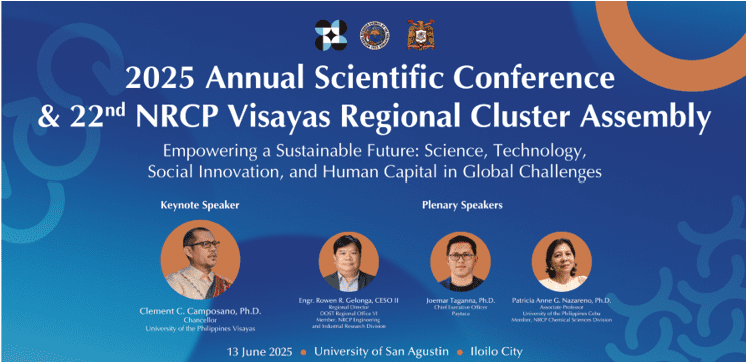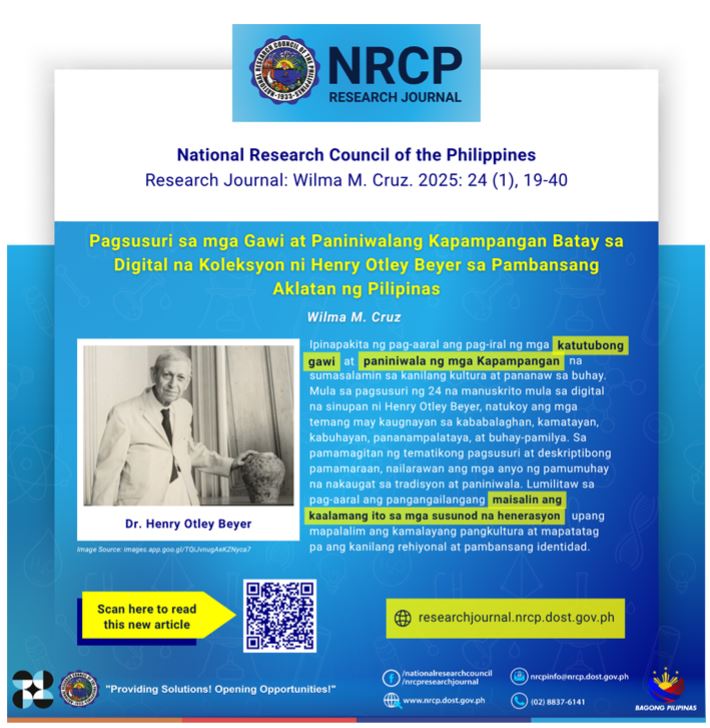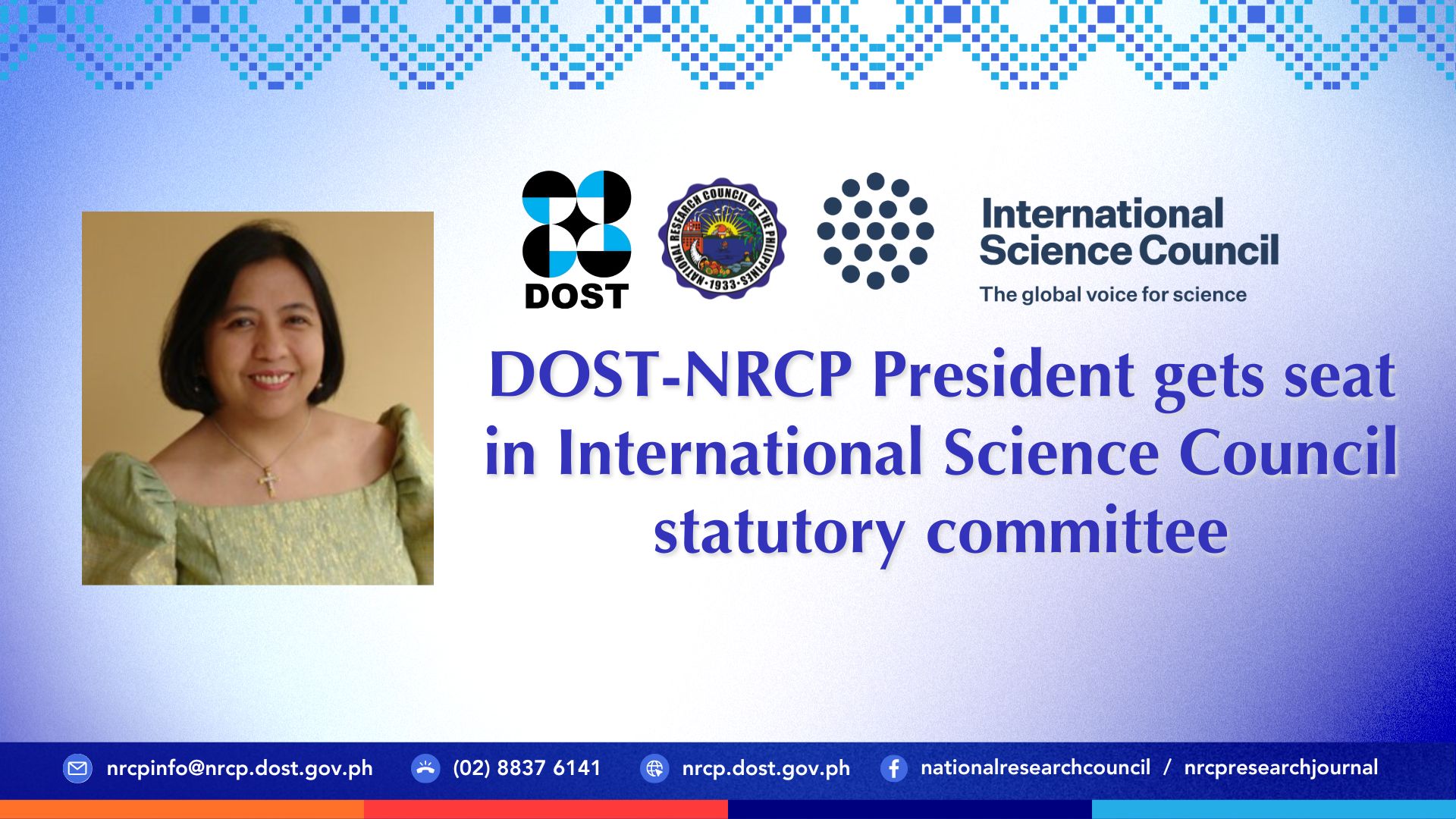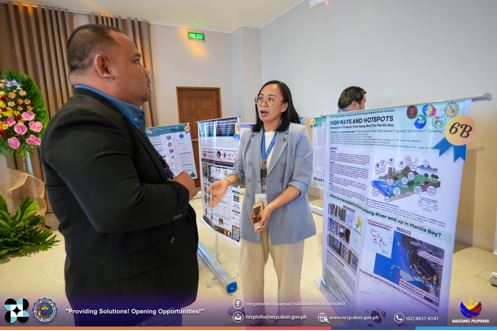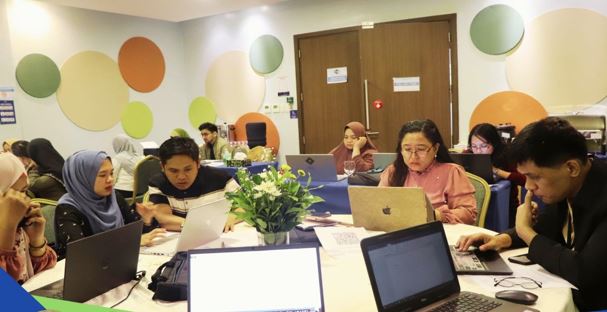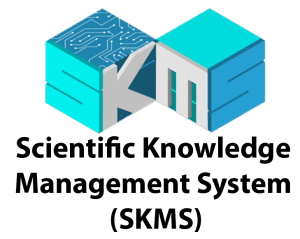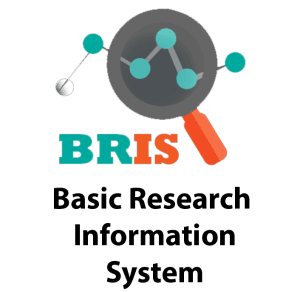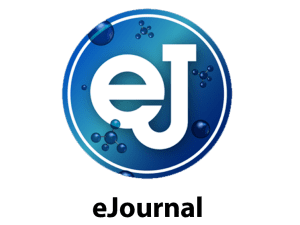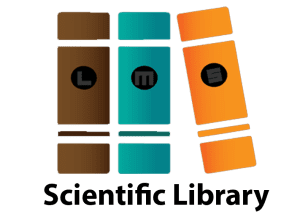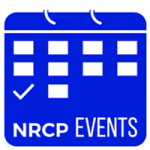NRCP Revisits Research Journal Processes, Sets Direction to Enhance Editorial Practices
To enhance its journal editorial processes, the Department of Science and Technology-National Research Council of the Philippines (DOST-NRCP) convened its journal editors at the 2nd NRCP Research Journal Editors Forum at Acacia Hotel Alabang, Muntinlupa City, on May 21, 2025.
Seventy participants, including 17 NRCP editorial board members, 5 governing board members, 10 scientific division representatives, 11 stakeholders, resource speakers, and the NRCP Secretariat, joined the forum onsite and online. The forum aimed to craft strategic actions for improving the NRCP Research Journal, aligning it with global best practices and ensuring readiness for future scholarly recognition.
While the NRCP Research Journal made a continuous progress over the years, Dr. Ma. Louise Antonette N. De Las Peñas, NRCP President, emphasized the need to enhance editorial processes and position the journal towards international competitiveness during her opening remarks.
“Enhancing our journal calls for more structured systems, collaborative mechanisms, and a clearer direction, especially as we move toward international indexing and expand our readership,” she stated.
Dr. Jose Isagani B. Janairo, Editor-in-Chief of the NRCP Research Journal, discussed the publication’s development throughout the years. He highlighted areas needing improvement and shared plans to elevate editorial operations for greater efficiency and impact.
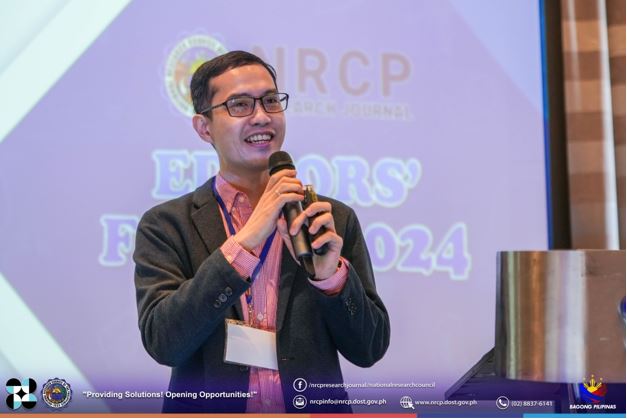
Guest experts Mr. Allyster A. Endozo, Managing Editor of The Philippine Journal of Science (DOST-STII), and Dr. Vincenz Serrano, Editor-in-Chief of Kritika Kultura (Ateneo de Manila University), served as resource speakers during the forum. Drawing from their own editorial experience, they shared scholarly perspectives on improving journal management, refining review systems, and navigating editorial workflows.

Both speakers emphasized the importance of institutionalizing refined editorial policies, strengthening production pipelines, and adopting digital tools to streamline operations. They pointed out the need to establish a reliable network of local and international reviewers and to analyze journal trends and readership behavior to inform content strategies. These inputs are vital for the NRCP Research Journal to meet indexing requirements.
Workshop sessions and forums were conducted, where participants contributed recommendations on optimizing journal structure, enriching research content, and enhancing the publication’s influence and reach. The discussions also encouraged continuous strategic planning to broaden the journal’s relevance across various research fields.
Participants brainstormed improvements in editorial leadership and composition, the quality of research articles, and the journal’s impact, not only to meet peer standards but to achieve excellence aligned with its aspirations and goals in the field of research.
Key outcomes from the forum will support the development of the Council’s Five-Year Development Plan (2026–2030) and the Three-Year Roadmap focused on quality improvement and local and international visibility.
NRCP Executive Director Dr. Bernardo N. Sepeda acknowledged the journal’s ongoing progress and emphasized the importance of continued collaboration and strategic planning to improve the publication’s quality and reach.
“Through cooperation and dedication, we can achieve a higher level of credibility so that we can contribute more to the holistic shaping of knowledge and innovation throughout the Philippines and at the global level,” he remarked.

The NRCP Research Journal aspires to serve as a credible platform for disseminating peer-reviewed research that amplifies research in the fields of science, arts and humanities. (Rose Dagupen, S&T Media Service)






